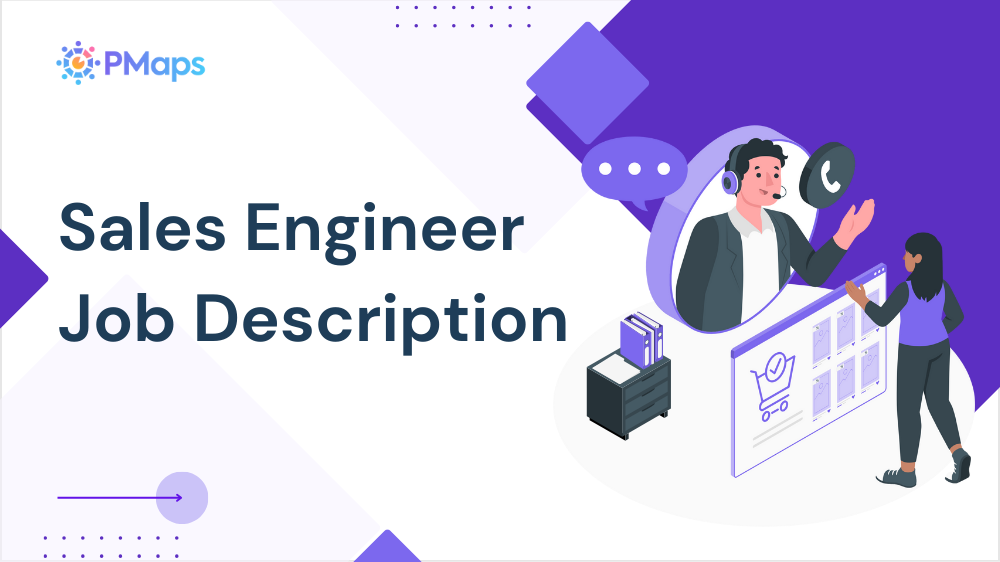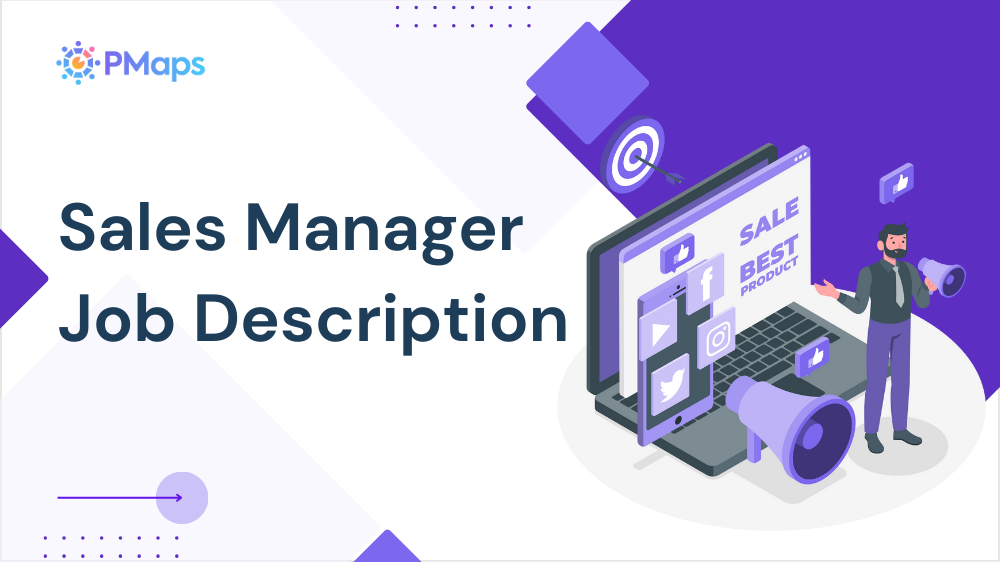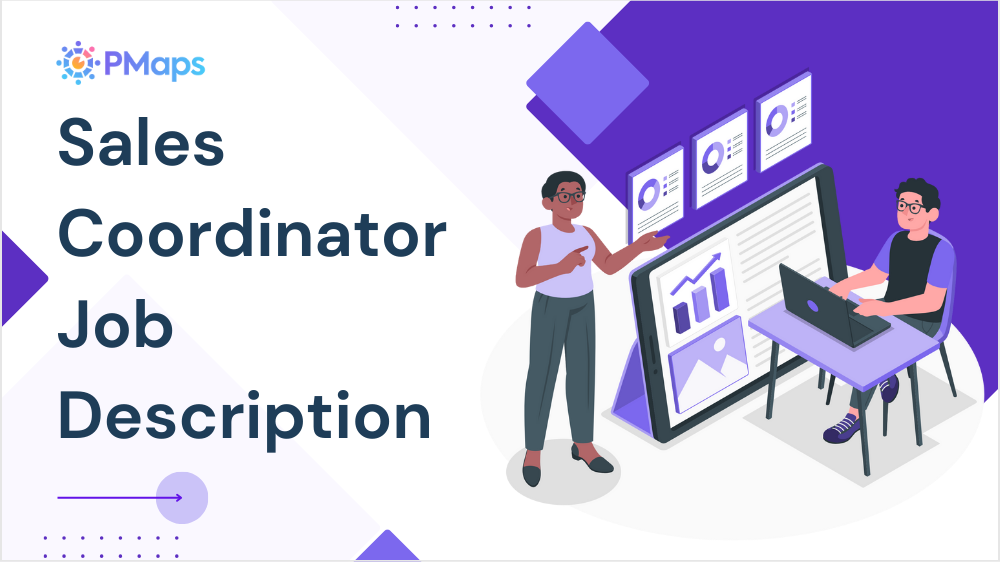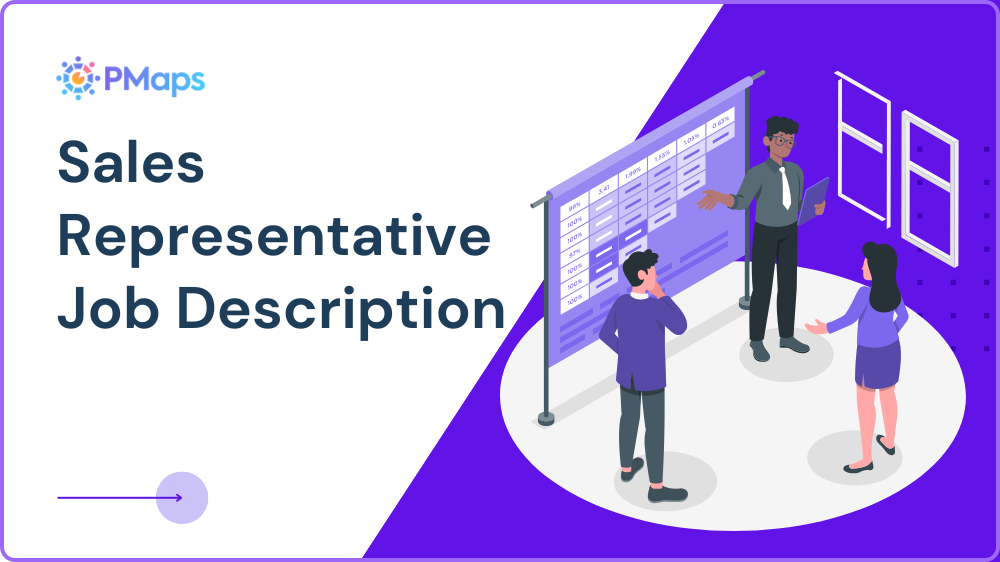
Hiring the right Sales Engineer today means finding someone who can translate complex specs into strategic conversations that close deals faster. According to a McKinsey report, B2B buyers now spend only 17% of their time meeting with potential suppliers—putting immense pressure on sales engineers to deliver technical value in very limited windows.
Make data-backed offers—use the Sales Engineer Assessment now.

To further streamline your selection process, consider using a Sales engineer assessment that objectively evaluates both technical skills and interpersonal fit From general competency checks to behavioral, situational, and technical deep dives, you’ll gain practical insights into how to assess communication, solutioning, and technical-sales alignment.
Final check? Skim through the Sales Engineer Job Description.
General Interview Questions for Sales Engineer
These questions assess core capabilities every Sales Engineer must bring to the table—technical fluency, persuasive communication, solution selling, and customer engagement. General questions establish a candidate’s foundational fit before testing behavior, decision-making, or domain expertise.
Ideal Candidate Answer:
In my previous role, I supported the enterprise sales team by conducting product demos, customizing technical proposals, and serving as the technical point of contact during the presales process. I’ve worked with clients in manufacturing, healthcare, and fintech, tailoring complex product features to real-world use cases. I also collaborated with product and engineering to prioritize roadmap requests coming from clients.
1. Can you walk me through your experience as a Sales Engineer?
Purpose:
To establish baseline experience in technical selling and understand the industries, customer segments, and sales models the candidate has worked with.
What to Look For:
Candidates should outline their role in the sales cycle, highlight the products or solutions they represented, and specify their involvement in presales and post-sales processes. Look for familiarity with demo environments, proposal building, and technical customization.
2. How do you approach building rapport with both technical and non-technical stakeholders?
Purpose:
To assess communication adaptability and ability to influence diverse audiences across the sales process.
What to Look For:
Candidates should show how they adjust their communication based on the audience—translating technical specs into business value for executives, and getting granular with IT or engineering teams. Bonus if they mention tailoring messaging to vertical-specific pain points.
3. What role do you typically play in product demonstrations and proof of concept (POC) phases?
Purpose:
To evaluate the candidate’s hands-on involvement in critical mid-funnel sales stages.
What to Look For:
Look for clarity on how they lead or support demos, customize environments, manage technical Q&A, and resolve objections. Strong candidates will describe how they prepare for and measure the success of POCs.
4. How do you stay updated on the technical aspects of the products you support?
Purpose:
To understand commitment to continuous learning and product mastery.
What to Look For:
Candidates should reference working closely with product or engineering teams, reading documentation, attending internal training sessions, or participating in beta testing. Ideal responses show proactive habits, not just reactive learning.
5. What metrics do you consider important when supporting the sales process?
Purpose:
To uncover analytical thinking and how candidates contribute to measurable revenue outcomes.
What to Look For:
Look for mentions of conversion rates from demo to close, engagement during POCs, feedback cycles with AEs, and how they track common technical objections or time-to-resolution. Candidates should show they think beyond just features—they focus on outcomes.
Behavioral Interview Questions for Sales Engineer
These questions explore how candidates have responded to real challenges in past roles. Behavioral insights are critical for assessing a Sales Engineer’s ability to collaborate, adapt, influence stakeholders, and solve complex problems—especially when juggling sales targets with technical delivery.
Ideal Candidate Answer:
During one project, a global client requested a last-minute custom integration just days before the demo. I coordinated between our solutions architect and engineering team to create a limited-scope prototype, while I personally aligned client expectations. The demo was successful, and the client appreciated our responsiveness, leading to a closed deal within two weeks.
1. Tell me about a time you handled a technical objection during a critical stage of the sales cycle.
Purpose:
To assess how well the candidate manages pressure while preserving deal momentum and credibility.
What to Look For:
Candidates should describe the nature of the objection, how they addressed it, and what the outcome was. Strong responses include proactive communication, technical clarification, and preserving trust with the client.
2. Describe a situation where your input directly influenced the product roadmap or solution design.
Purpose:
To evaluate how well the candidate captures client feedback and translates it into valuable product input.
What to Look For:
Look for signs that the candidate documented feature gaps, relayed feedback to product teams, and followed up on prioritization. Bonus if they advocate for scalable solutions that benefit more than one client.
3. Share an example of when you had to explain a complex technical solution to a non-technical stakeholder.
Purpose:
To test communication clarity, empathy, and customer understanding.
What to Look For:
Candidates should describe how they simplified the concept, related it to business goals, and confirmed understanding. Look for analogies, visuals, or reframing used during the interaction.
4. Tell me about a time you collaborated with an Account Executive (AE) to close a complex deal.
Purpose:
To evaluate team dynamics, ownership, and deal strategy execution.
What to Look For:
Effective responses will include clear division of roles, coordination during demos and follow-ups, and joint planning. Candidates should demonstrate strong alignment with AEs and a shared sense of accountability.
5. Describe a time when a client challenge required you to go beyond your usual responsibilities.
Purpose:
To assess initiative, customer obsession, and adaptability.
What to Look For:
Candidates should outline how they stepped in, what actions they took, and how it impacted the deal or relationship. Look for an attitude of ownership and the willingness to work cross-functionally to solve issues.
Technical or Role-Specific Interview Questions for Sales Engineer
Technical or role-specific questions help determine a Sales Engineer’s ability to translate product knowledge into real-world impact. From solution design and CRM usage to demo execution and integration planning, these questions identify candidates who are not only technically sound but also sales-ready.
Ideal Candidate Answer:
In my current role, I serve as the technical lead for mid-market and enterprise sales cycles. I tailor solution presentations based on buyer roles, manage all POC deployments, and act as the integration liaison between sales, product, and engineering. I use Salesforce to track demo-to-close ratios and built a POC success checklist that improved our win rate by 19%.
1. How do you prepare for and deliver technical product demos?
Purpose:
To assess presentation strategy, product mastery, and alignment with sales objectives.
What to Look For:
Candidates should walk through demo setup, customization based on client pain points, and how they handle live technical questions. Look for coordination with AEs and emphasis on conversion, not just showcasing features.
2. What tools or platforms do you use to manage technical documentation and solution proposals?
Purpose:
To evaluate organization, workflow efficiency, and ability to support the sales process with accurate, professional documentation.
What to Look For:
Look for use of tools like Confluence, Notion, Google Workspace, or custom proposal platforms. Candidates should explain how they update and adapt content for evolving product capabilities or client verticals.
3. Walk me through your process for running a successful proof of concept (POC) or pilot program.
Purpose:
To assess hands-on skills in client-facing technical validation, setup, and stakeholder management.
What to Look For:
Strong candidates will reference scoping discussions, success criteria alignment, POC configuration, and feedback collection. Bonus for tracking metrics like time-to-POC completion or POC-to-win conversion rate.
4. How do you ensure technical accuracy and consistency in client communication throughout the sales cycle?
Purpose:
To test accountability and detail orientation—especially important when bridging engineering and sales.
What to Look For:
Look for practices like shared knowledge bases, pre-call checklists, recorded demos, or internal alignment meetings. Ideal candidates build trust by ensuring clarity and follow-through on technical commitments.
5. How do you collaborate with the product and engineering teams when a prospect requests features outside current capabilities?
Purpose:
To evaluate influence across teams and how Sales Engineers act as a voice of the customer internally.
What to Look For:
Look for escalation pathways, documentation habits, prioritization frameworks, and feedback loops. Strong responses include examples where candidate input led to roadmap shifts or custom builds.
Pro Tips for Interviewing a Sales Engineer
Sales Engineers sit at the intersection of technical depth and customer influence. The best ones don’t just answer questions—they preempt objections, adapt demos to client pain points, and drive deal momentum with product credibility. Use these tips to go beyond the resume and reveal who can truly balance engineering know-how with revenue-driving instincts.
Struggling to connect product value with client needs? Learn how to hire a Sales Engineer who translates technical detail into customer understanding.
1. Don’t Just Ask What They Sold—Ask How They Sold It
Strategic Explanation:
Selling complex products involves multiple touchpoints, from discovery to POC to handover. The “how” reveals method, not just product familiarity.
What to Look For:
Candidates who explain their role in customizing solutions, conducting discovery, managing demo environments, and supporting technical evaluations.
Watch Out For:
Surface-level talk about features or quoting. Avoid candidates who can’t articulate sales strategy or client engagement steps.
2. Role-Play a Demo Setup or Objection Handling
Strategic Explanation:
Sales Engineers must be able to think on their feet. Live scenarios reveal clarity, logic, and poise under pressure.
What to Look For:
Clear explanations, client-centric framing, and confident handling of objections like “Your solution doesn’t support X.” Bonus for clarifying needs before answering.
Watch Out For:
Overuse of jargon, overly technical detours, or dismissive responses to legitimate client concerns.
3. Test for Communication Range—From C-Suite to Engineers
Strategic Explanation:
Top Sales Engineers can adapt their language to suit different stakeholders without losing the message.
What to Look For:
Candidates who mention adjusting decks, simplifying data, or reframing technical concepts to align with business value.
Watch Out For:
Rigid communication style. Avoid those who can't move fluidly between business discussions and technical deep dives.
4. Explore Their Collaboration with AEs and Product Teams
Strategic Explanation:
Sales Engineers don’t operate in a silo. Collaboration and cross-functional alignment are key to solution selling.
What to Look For:
Details about how they co-own opportunities with Account Executives and communicate client needs to product or engineering.
Watch Out For:
Candidates who present themselves as lone wolves or struggle to explain how they sync across departments.
5. Check Their Track Record on POCs and Technical Wins
Strategic Explanation:
The POC phase often makes or breaks the deal. Past success is a predictor of how they will deliver in critical technical evaluations.
What to Look For:
Metrics like POC conversion rates, time to deployment, or successful feature workarounds that kept deals alive.
Watch Out For:
Vague answers with no clear ownership of client results or unclear handoff processes post-sale.
Conclusion
Hiring the right Sales Engineer goes beyond technical qualifications. It requires a careful balance of solution expertise, consultative communication, and cross-functional collaboration. Not sure where to begin? Use this Sales Engineer Job Description to define the role clearly before launching your next hiring cycle.
This guide provides a clear, structured approach to evaluating candidates not only for their engineering knowledge but also their ability to interact with stakeholders, customize solutions, and align with business goals.
Want to streamline your technical sales hiring process? PMaps offers tailored assessments that evaluate both technical acumen and interpersonal fit—helping you identify high-performing employees with confidence. Call 8591320212 or email assessment@pmaps.in to get started.









